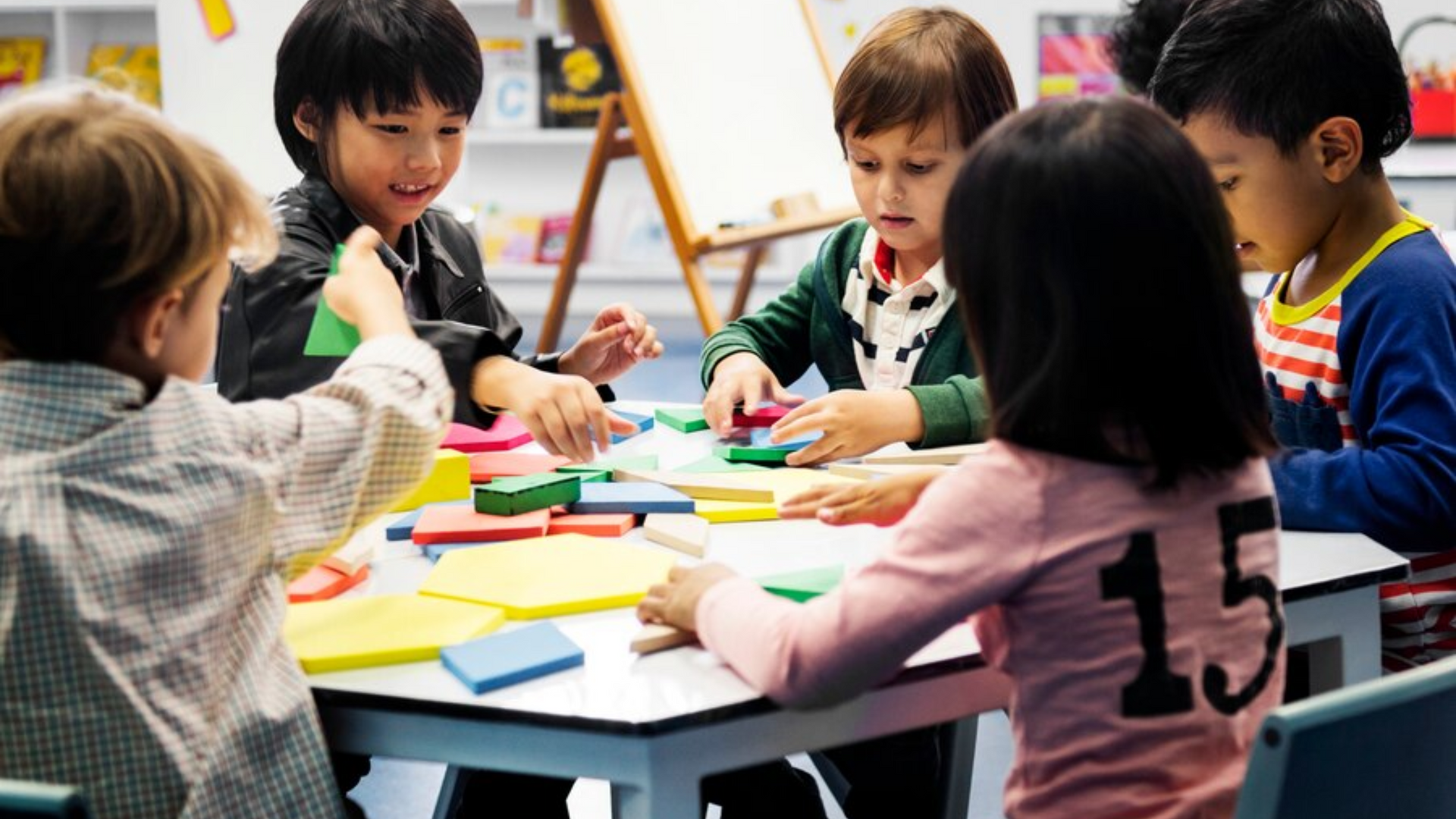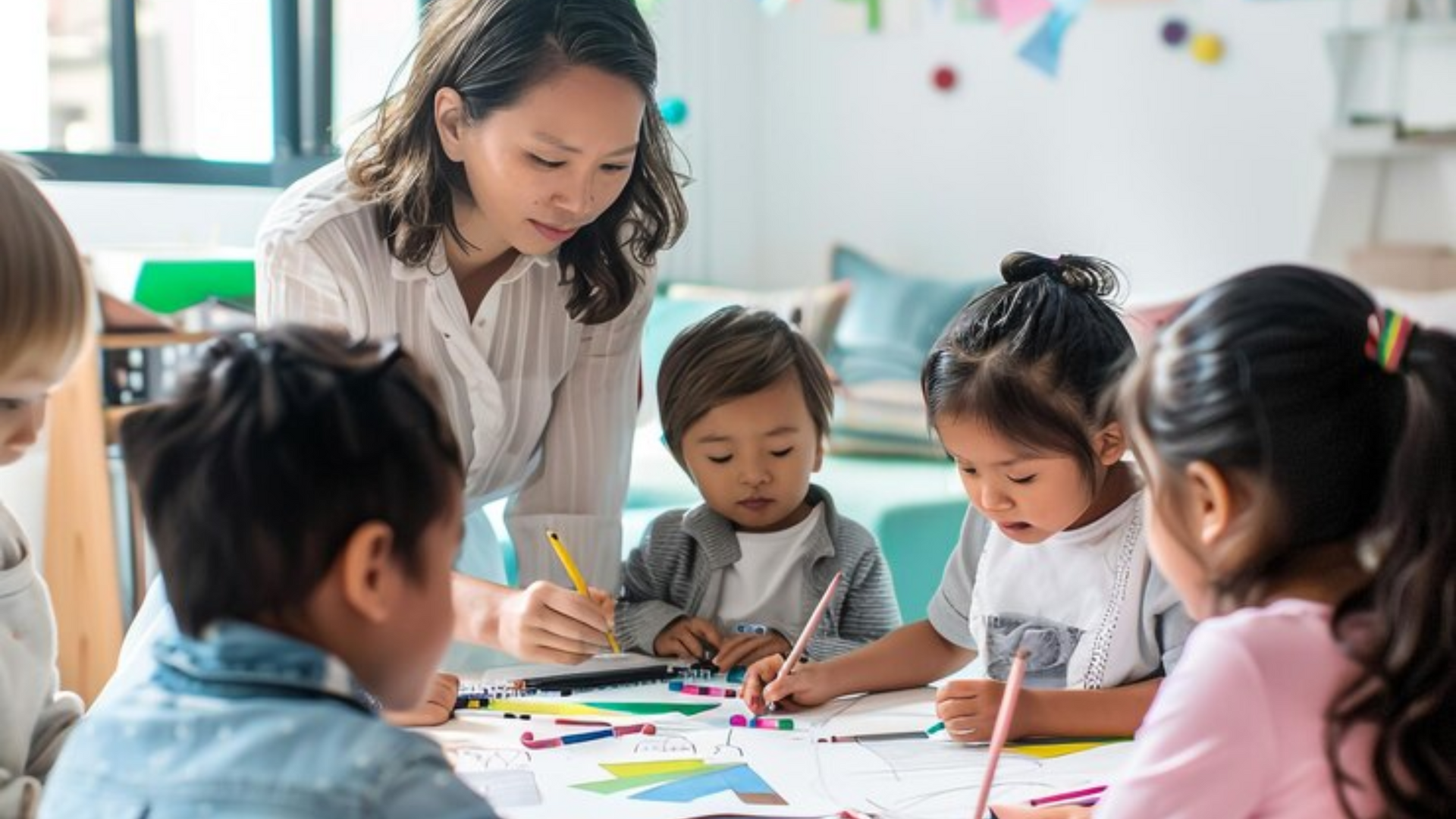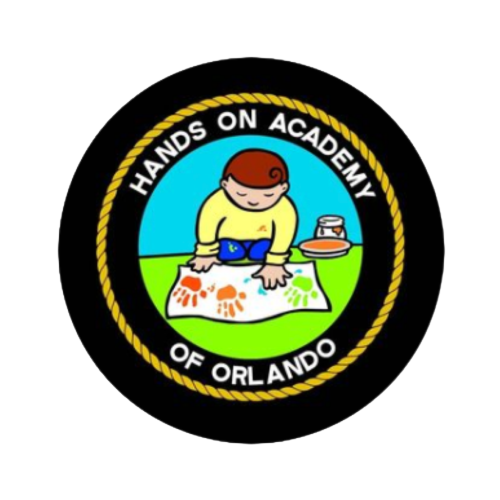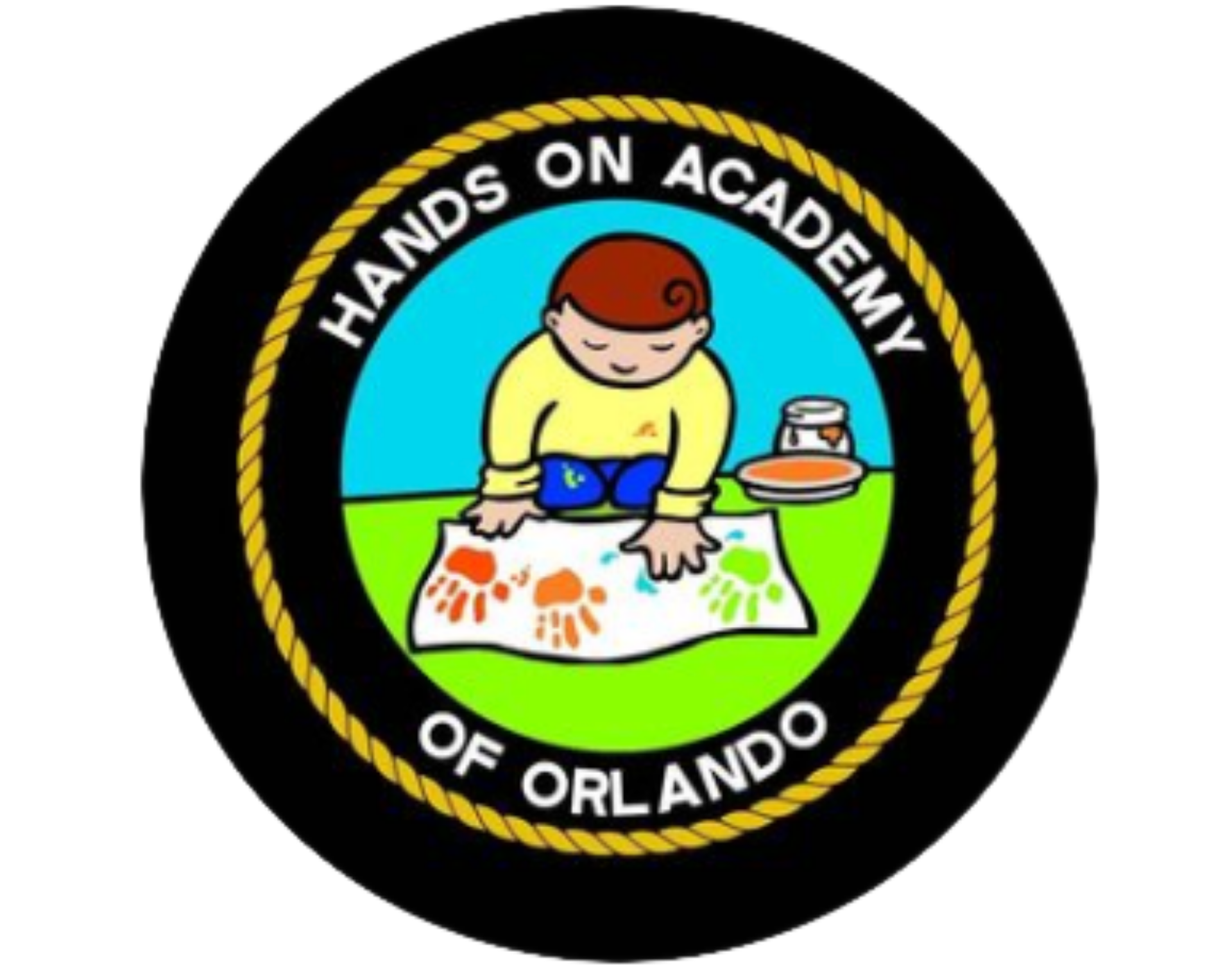The Importance of Play-Based Learning in Early Education

In the early years of a child’s life, the foundation for learning, development, and future success is built. As parents and educators, we understand the importance of providing an environment where children can thrive. At Hands-On Academy of Orlando, we firmly believe that the most effective way to teach young children is through play-based learning—a teaching philosophy that fosters creativity, problem-solving skills, and emotional intelligence, all while making learning fun.
What is Play-Based Learning?
Play-based learning is a method of teaching that utilizes structured and unstructured play as a primary means of engaging children in the learning process. It emphasizes active participation rather than passive reception of information, encouraging children to explore, create, and interact with their environment.
Unlike traditional, more teacher-centered approaches, play-based learning is child-centered. It allows children to explore their interests and develop critical cognitive and social skills naturally, through activities they enjoy. By incorporating educational games, imaginative play, and hands-on projects, this approach provides opportunities for children to learn in a way that suits their developmental stages and learning styles.
At Hands-On Academy, we understand that play is not just a recreational activity—it is a vital component of learning. Through carefully designed play experiences, children gain a deeper understanding of the world around them, foster curiosity, and build the skills they need for lifelong success.
The Benefits of Play-Based Learning
Research has consistently shown that play-based learning offers numerous developmental benefits for children. It encourages them to take an active role in their education, which leads to enhanced engagement, creativity, and critical thinking. Below are some of the key benefits of play-based learning:
1. Fosters Cognitive Development
Play-based learning is an excellent way for children to develop their cognitive abilities. When children engage in play, they are problem-solving, thinking critically, and making decisions. For example, a child playing with building blocks is learning about spatial relationships, balance, and structure. Similarly, a child participating in a pretend play scenario—such as acting as a chef in a pretend kitchen—develops their understanding of concepts like cause and effect, roles, and relationships.
Through these experiences, children learn basic academic concepts like numbers, letters, and shapes without even realizing it. Because the learning happens naturally in a context that makes sense to them, children are more likely to retain the information and apply it to real-life situations.
2. Encourages Social and Emotional Growth
Through play, children interact with their peers, developing vital social skills such as sharing, taking turns, communicating, and negotiating. Whether it’s role-playing with other children or participating in group activities, play teaches children how to collaborate, resolve conflicts, and respect others’ perspectives.
Moreover, play-based learning provides children with opportunities to explore and express their emotions. During imaginative play, children can act out different scenarios and try on different roles, allowing them to explore various emotions in a safe space. For instance, pretending to be a parent or teacher helps children understand empathy, responsibility, and the emotional states of others.
Through these interactions, children not only strengthen their emotional intelligence but also build self-regulation skills. They learn how to handle frustration, disappointment, and joy in a healthy, constructive way.
3. Develops Language Skills
Language development is one of the areas where play-based learning truly shines. When children engage in play, they often narrate their actions, ask questions, and converse with their peers, which enhances their vocabulary and language skills.
For example, children in dramatic play settings may use new words as they act out different roles, such as “doctor,” “teacher,” or “parent.” These role-playing scenarios provide the perfect opportunity for children to learn the names of objects, practice new phrases, and improve their sentence structure.
Additionally, play-based activities like storytime, singing songs, and playing with language-based games help reinforce concepts such as storytelling, listening, and comprehension. This kind of language practice is essential for early literacy development and sets the stage for reading and writing skills later on.
4. Promotes Physical Development
Incorporating physical activity into play-based learning is crucial for young children’s motor development. Whether it’s running, jumping, climbing, or playing with building materials, play allows children to develop their gross and fine motor skills.
Outdoor play, in particular, provides children with opportunities to practice balance, coordination, and muscle control. Physical activities like jumping rope, throwing a ball, or engaging in obstacle courses help develop both strength and flexibility, while fine motor activities such as drawing, cutting with scissors, or manipulating small objects promote dexterity and hand-eye coordination.
By integrating physical movement with learning, play helps children develop the skills they need for both academic success and overall physical health.
5. Stimulates Creativity and Imagination
One of the greatest advantages of play-based learning is its ability to stimulate creativity and imagination. When children are given the freedom to explore, they often come up with original ideas, make discoveries, and think outside the box.
In a play-based environment, children can use materials in unconventional ways, create their own narratives, and invent new solutions to problems. For example, a simple cardboard box can transform into a spaceship, a house, or a tunnel, depending on how a child decides to use it. This type of open-ended play promotes creativity, innovation, and flexible thinking—skills that are essential in today’s rapidly changing world.
Play-Based Learning at Hands-On Academy
At Hands-On Academy of Orlando, we fully embrace the philosophy of play-based learning. We understand that each child is unique, and we design our curriculum and classroom environments to cater to different learning styles, interests, and developmental needs.
Our classrooms are thoughtfully organized to include a variety of learning centers, each designed to encourage different types of play and exploration. These centers are filled with materials that promote imaginative play, problem-solving, creativity, and social interaction. Whether it's building structures with blocks, painting a masterpiece, or pretending to be a scientist in the discovery center, each activity is designed to engage children in active, meaningful learning.
Our teachers are trained to support and guide children through play, offering gentle encouragement and asking open-ended questions that prompt further thinking and exploration. Rather than providing all the answers, our educators encourage children to experiment, make decisions, and reflect on their experiences. This hands-off approach allows children to take ownership of their learning, building confidence and a sense of independence.
The Role of Parents in Play-Based Learning
While play-based learning happens primarily in the classroom, parents also play an essential role in supporting their child's development through play at home. Encouraging creative play, setting up opportunities for social interaction, and allowing time for physical activity all contribute to a child’s overall growth and development.
At Hands-On Academy, we encourage parents to continue the learning process at home by providing resources, ideas, and suggestions for play-based activities that can reinforce what children are learning in the classroom. Whether it’s a trip to the park, a creative art project, or simply reading a book together, parents can create an environment where learning continues naturally and joyfully.
The Bottom Line: Play is Essential for Growth
At Hands-On Academy, we believe that play is not just an enjoyable pastime—it is a fundamental aspect of early childhood development. Through play-based learning, children acquire the essential skills they need to succeed academically, socially, and emotionally. It helps them develop cognitive, language, motor, and emotional skills, all while fostering creativity and imagination.
By embracing play as a primary method of learning, we set children on the path to becoming lifelong learners who are curious, creative, and confident. Our play-based approach ensures that children develop the skills necessary to succeed in school and in life, and we are committed to providing a nurturing, stimulating environment that encourages growth at every stage of development.
As parents consider when to start their child’s educational journey, they may wonder what the best age is to begin childcare and the long-term benefits of early enrollment. To explore this further, read our article on
What’s the Best Age to Start Childcare and discover the
7 Advantages of Early Childcare Enrollment to better understand how early education can lay the foundation for a child's academic and social success.

























